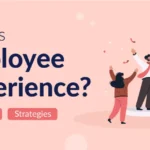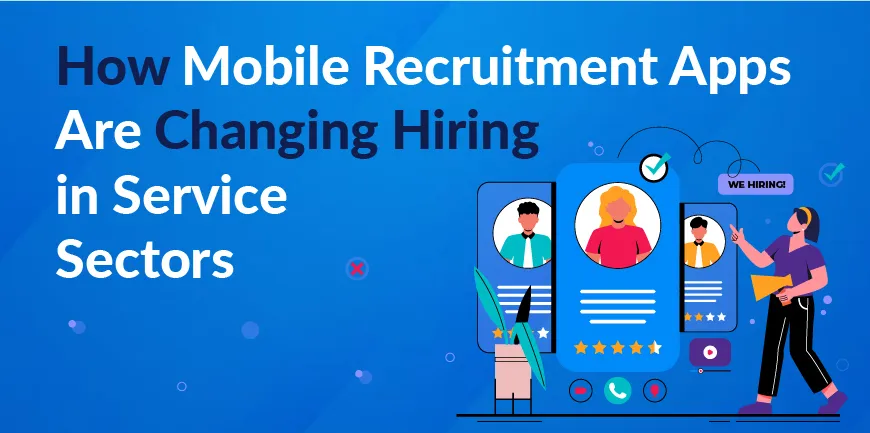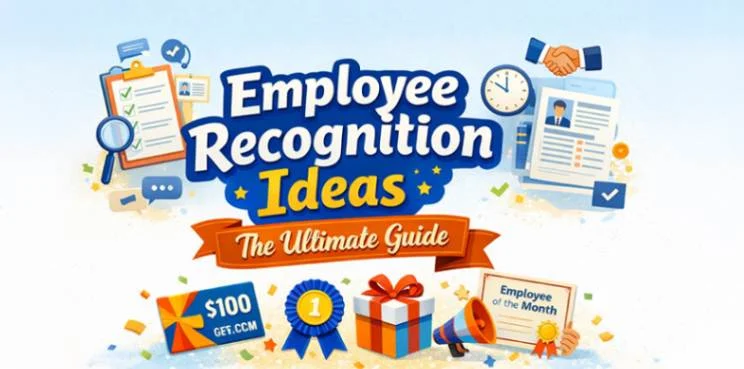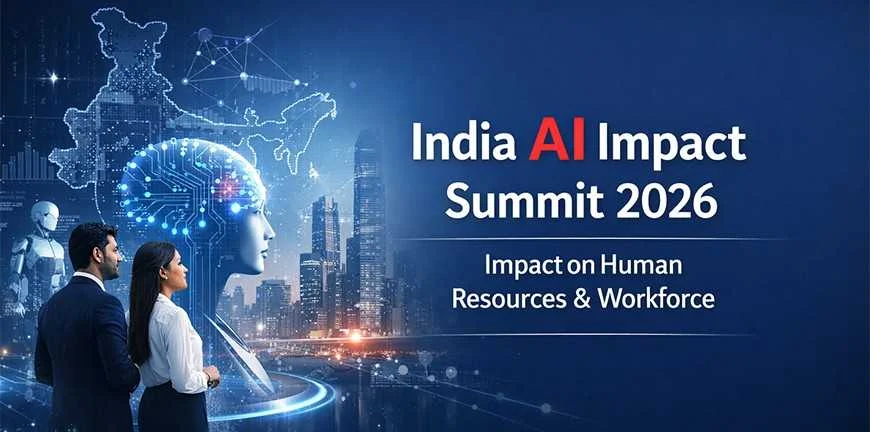
The Rise of Recruitment Chatbots and 24/7 Candidate Engagement
30/09/2025
What Is Employee Experience? Definition & Strategies
06/10/2025It is a digital world, and everyone has a mobile phone in their hands with mobile apps that make their life convenient. Millennials and Gen Z rely heavily on phones to do almost everything, helping them stay connected to the things they prefer. This included applying for jobs. In 2025, over 68% of all job applications in the service sectors—such as retail, hospitality, logistics, and healthcare—are submitted via mobile devices, highlighting the undeniable shift towards mobile-first recruitment. Mobile recruitment apps are revolutionizing hiring by offering unparalleled accessibility, speed, and engagement, enabling companies to connect with a broader and more diverse pool of candidates.
Did you know that the number of smartphone subscriptions worldwide reached almost 6.4 billion in 2022, and this is set to exceed 7.7 billion by 2028. Naturally, the need for a streamlined mobile recruiting experience has increased. By incorporating mobile recruitment strategies, organizations can provide a more engaging candidate experience and attract higher-quality hires.
Benefits of Mobile Recruitment
1. Wider reach
There are over 6.5 billion smartphone users worldwide, and mobile hiring can enable an organization to tap into a wider and more diverse talent pool, reaching out to candidates and recruiting them according to their needs. They can draw the attention of the younger, technologically savvy generations, creating a work environment for innovative ideas.
2. Enhanced Candidate Experience
Happy candidates always lead to improved employer branding, so to make a candidate experience worthy, the days of individuals having to go through a complicated and lengthy application process are gone. Candidates seek a streamlined procedure that allows them to browse for jobs, apply, and track their applications with one click. Organizations that simplify the candidate journey report up to 70% higher completion rates and improved employer branding.
3. Faster Hiring
The recruitment timeline is hastened with mobile recruitment. Several features utilize SMS, WhatsApp, or instant applications for interview scheduling, as well as AI chatbots, to expedite the process. It is easier for applicants to apply instantly and get feedback. Organizations and recruiters must keep in mind that candidates do not stay in the market for long.
4. Higher Engagement
People check their mobile devices an average of 96 times per day. Individuals who frequently access mobile phones are likely to read and respond to messages more quickly and communicate more easily, as they feel a greater connection to their devices. They will be more responsive to text messages than emails. Employers must capitalize on this aspect and make collaboration with candidates as smooth as possible.
5. Accelerated Data Analytics
Advanced mobile platforms enable a recruiter to track a candidate’s exact interaction with job listings. This information can tell the performance of job ads, the time of engagement, and more. This information will help recruiters refine their strategies and provide them with the scope to adjust them as needed.
6. Real-Time Communication
Communication becomes smooth and fast when modern mobile platforms are used, as they give instant responses. Candidates do not have to wait to meet recruiters in person to get an update or make multiple calls. They can utilize several features, such as chatbots, to check statuses.
Future Trends in Mobile Recruitment
The future mobile trends are innovative and adaptable. Companies and recruiters must follow emerging trends and adapt them according to their business needs. Here are a few trends:
1. AI-backed Tools
AI-powered tools on mobile phones enable candidates and employers to drive the recruitment process efficiently and effectively. Tasks like screening candidates, scheduling interviews, and initial assessments can be automated and expedited with AI-powered tools.
2. Mobile Aligned Platforms
Organizations and recruiters are focusing on creating platforms that are mobile-friendly, as most candidates are constantly on their phones. They can access any information at any time from any location. With real-time assistance and feedback, they can plan and apply more efficiently.
3. Data Driven Process
Organizations are emphasizing data analytics to track and evaluate the progress of the recruitment process. With data analytics, they can identify core areas of improvement. Data enables recruiters to reach out to targeted audiences with the correct message, allowing them to approach the appropriate candidates with the right message.
4. Personalized Candidate Experience
The primary focus of companies and recruiters is on candidates and their well-being. To ensure an effective candidate experience, companies are developing personalized systems to communicate with individuals through mobile phone apps and other chat tools, ensuring that candidates are informed in real-time and consistently engaged.
5. Immersive Tech
Innovative technologies, such as virtual and augmented reality methods on mobile phones, draw and engage more people as they can gain a firsthand experience of the company’s brand image and values through virtual job fairs, tours of the organisation, and more. Additionally, 360-degree video tours can also enhance candidate engagement.
Conclusion
Mobile recruitment apps are no longer optional tools—they’re pivotal to transforming hiring across service sectors. By providing speed, accessibility, and enhanced engagement coupled with powerful data insights and AI-driven automation, these apps help service businesses attract, connect with, and retain the talent they need to thrive in today’s competitive environment.

Amit Saproo
Amit Saproo is the Head of Operations at ALP Consulting with nearly 17 years of experience in Executive Search, RPO, Leadership, and IT & Engineering recruitment. He leads nationwide recruitment programs across Technology, BFSI, and R&D domains, driving strategic hiring solutions for diverse client needs. Amit excels in building and managing high-performance teams that deliver scalable, end-to-end recruitment and consulting services.




